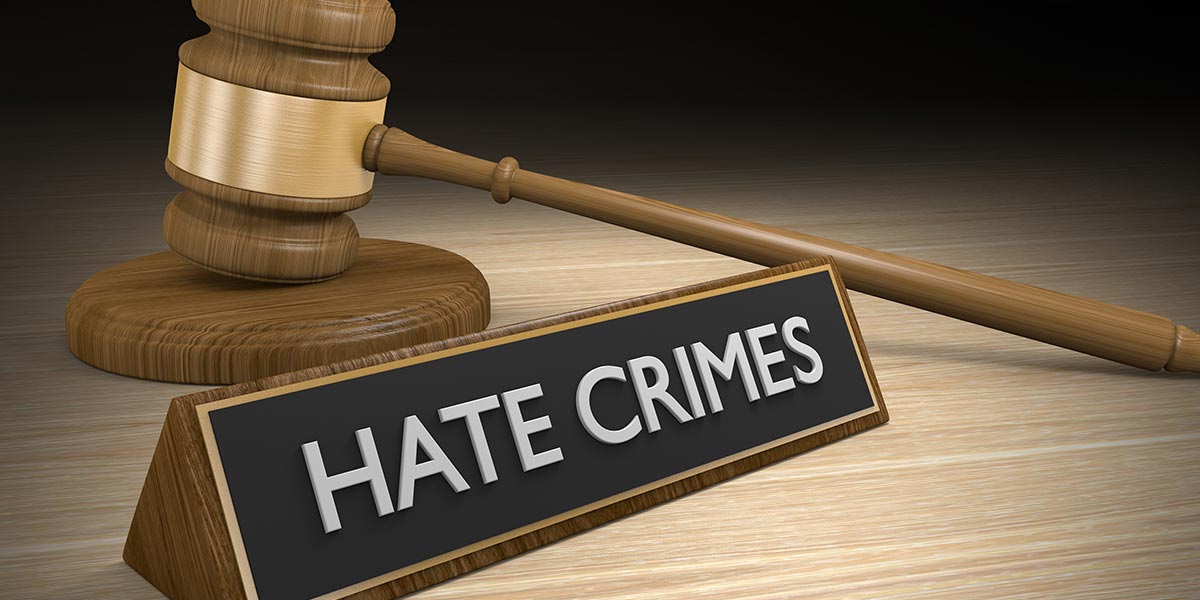President Ramaphosa Signs Hate Crimes and Hate Speech Bill

In a historic development, President Cyril Ramaphosa has signed the Hate Crimes and Hate Speech Bill into law, after almost two decades of advocacy and five months after it was passed by Parliament.
In a statement on Thursday, The Presidency announced that Ramaphosa assented to the Prevention and Combating of Hate Crimes and Hate Speech Bill, which makes hate crimes and hate speech jailable criminal offences for the first time in South Africa.
The new law aims to prevent hate crimes and hate speech by providing for effective enforcement measures and the gathering and recording of data on hate crimes and hate speech.
“This legislative measure gives effect to South Africa’s obligations in terms of the Constitution and international human rights instruments concerning racism, racial discrimination, xenophobia, and related intolerance…” said Vincent Magwenya, Spokesperson to the President.
This brings South Africa in line with several other countries, including Brazil, Canada, Chile, France, Germany, Spain, and the US, that have some form of hate crime and/or hate speech laws.
Targeting Crimes Motivated by Prejudice or Intolerance
Under the Combating of Hate Crimes and Hate Speech Act, a hate crime is committed if a person commits any already recognised offence that is motivated by prejudice or intolerance based on one or more characteristics or perceived characteristics of the victim or a family member or supporter of the victim.
These characteristics include a person’s sexual orientation, gender identity or expression or sex characteristics, in addition to numerous others such as age, disability, race, and religion.
The offence of hate speech applies to any person who intentionally publishes, propagates, advocates, shares or communicates anything to one or more persons in a manner that could reasonably be construed to demonstrate a clear intention to be harmful or to incite harm and to promote or propagate hatred based on defined grounds.
The law also makes it an offence when speech material is intentionally distributed or made available in electronic communication, and the said person knows that such electronic communication constitutes hate speech.
Exclusions Protect Academic and Artistic Speech
The hate speech provisions exclude anything done in good faith in the course of engagement, such as:
- artistic creativity, performance or other form of expression;
- academic or scientific inquiry;
- fair and accurate reporting or commentary in the public interest;
- Interpretation and articulating or espousing of any religious conviction, tenet, belief, teaching, doctrine or writing, that does not advocate hatred or constitutes incitement to cause harm.
The law, which was championed by the ANC and opposed by the DA, the FF+ and the ACDP, also contains directives on training and other measures to be undertaken by the South African Police Service and the National Prosecuting Authority to ensure effective processing of the newly defined crimes.
Bill’s Assent Welcomed by OUT
OUT LGBT Well-being applauded the President’s assent to the law, which was first drafted back in 2016.
“We hope this will lead to a decrease in hate crimes based on sexual orientation, gender identity and expression, deterring people from harming others in relation to how they identify and who they love,” OUT’s Civil Society Engagement Officer, Sibonelo Ncanana, told MambaOnline.
“We also hope that the government will have the necessary measures in place to support the Act and thank organisations such as the Hate Crimes Working Group, which worked tirelessly in making sure that this law came into being.
“As OUT, we remain committed to making sure that the Act is implemented and call on all affected government departments to play their part in enforcing and implementing its provisions,” said Ncanana.
Leave a Reply